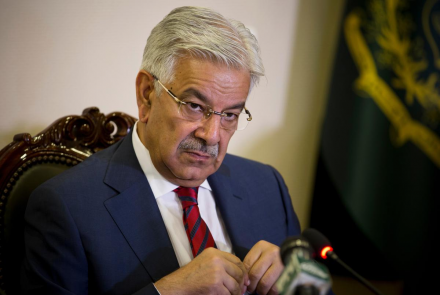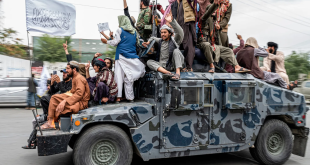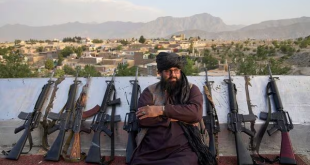KABUL – In a statement drawing significant regional attention, Pakistan’s Defence Minister Khawaja Muhammad Asif has claimed that only two entities — the Israeli government and Afghanistan’s Taliban administration — expressed support for India’s recent cross-border military operation, dubbed “Operation Sindoor.”
The comments, reported by Pakistan’s Geo News on Sunday, suggest rising frustration within Islamabad over what it perceives as shifting alliances in the region. The operation, carried out by Indian forces in response to the Pahalgam attack in April, reportedly targeted several alleged militant infrastructure sites in Pakistani territory.
Minister Asif, citing Indian defence analyst Praveen Sawhney, argued that both the Taliban and Israel’s quiet endorsement of India’s actions marks a “strategic realignment” in South Asia. He further noted that Pakistan, once a key backer of the Taliban during the decades-long Afghan conflict, is now facing what he termed as diplomatic abandonment.
While officials in Kabul have yet to officially comment, regional observers have noted that ties between the Taliban administration and India have warmed in recent months — a development many see as part of India’s broader outreach in Central and South Asia.
Analysts say Asif’s statements reflect growing unease within Pakistan’s security establishment, particularly in light of what it views as a lack of regional solidarity. “We were condemned for decades for backing the Taliban under Western direction,” Asif remarked, “and now, when India strikes, they stand silently or support it.”
He also defended Pakistan’s limited military response to the Indian incursion, stating that avoiding escalation was a calculated decision to protect national security assets. However, opposition leaders and military critics in Pakistan have questioned the government’s strategic handling of the crisis.
While the veracity of the claims remains under scrutiny, Asif’s remarks underscore a rapidly evolving geopolitical environment. With India and the Taliban engaging in increased informal diplomacy, and Israel’s alignment with New Delhi strengthening, Islamabad may be navigating a more complex regional landscape than in previous years.
Regional stakeholders, including Afghanistan, have so far approached the situation with cautious silence. Analysts emphasize the importance of measured responses to avoid further escalation between two nuclear-armed neighbors, while also ensuring Afghanistan does not become entangled in rivalries it has long sought to avoid.
As South Asia undergoes realignment, calls are growing for diplomacy and restraint. The international community is watching closely to see how Kabul positions itself in this sensitive new dynamic.
 Afghanistan Times
Afghanistan Times




